Artist:
Bud Powell
Title:
Tempus Fugue-It
Year Of Release:
2001
Label:
Proper Records [PROPERBOX 22]
Genre:
Jazz, Bop
Quality:
FLAC (tracks + .cue,log)
Total Time: 04:48:11
Total Size: 572 MB(+3%)
WebSite:
Album Preview
TracklistCD1:
01. You Talk A Little Trash [03:03]
02. Floogie Boo [02:38]
03. I Don't Know [03:12]
04. Gotta Do Some Work [03:04]
05. My Old Flame [03:14]
06. Sweet Lorraine [03:10]
07. Echoes Of Harlem [03:07]
08. Honeysuckle Rose [03:11]
09. Roll'em [02:54]
10. Smack Me [03:07]
11. Blue Garden Blues [03:17]
12. The Man I Love [03:20]
13. Reverse The Charges [02:55]
14. September In The Rain [02:49]
15. Long Tall Dexter [03:05]
16. Dexter Rides Again [03:17]
17. I Can't Escape From You [03:18]
18. Dexter Digs In [03:00]
19. If You Could See Me Now [03:05]
20. I Can Make You Love Me If You Let Me [03:03]
21. You're Not The Kind [03:01]
22. My Kinda Love [02:37]
CD2:
01. Jay Bird [03:00]
02. Jay Bird (Alternate Take) [03:01]
03. Coppin' The Bop [03:00]
04. Jay Jay [03:06]
05. Mad Bebop [02:43]
06. Bebop In Pastel [02:58]
07. Fool's Fancy [02:35]
08. Bombay [02:54]
09. Ray's Idea [02:46]
10. Serenade To Square [02:35]
11. Good Kick [02:38]
12. Seven Up [02:29]
13. Blues In Bebop [02:44]
14. Boppin' A Riff [05:35]
15. Fat Boy [05:44]
16. Everything's Cool [05:53]
17. Webb City [05:39]
18. I'll Remember April [02:47]
19. Indiana [02:38]
20. Somebody Loves Me [02:49]
21. I Should Care [02:55]
22. Bud's Bubble [02:30]
23. Off Minor [02:18]
CD3:
01. Nice Work If You Can Get It [02:14]
02. Everything Happens To Me [02:36]
03. Donna Lee [03:03]
04. Chasin' The Bird [02:57]
05. Cheryl [03:01]
06. Buzzy [03:02]
07. Tempus Fugit [02:28]
08. Celia [03:00]
09. Cherokee [03:40]
10. I'll Keep Loving You [02:43]
11. Strictly Confidential [03:09]
12. All God's Chillun Got Rhythm [03:02]
13. Bouncing With Bud [03:08]
14. Wail [02:44]
15. Dance Of The Infidels [02:52]
16. 52nd Street Themes [02:52]
17. You Go To My Head [03:17]
18. Ornithology [02:24]
19. All God's Chillun Got Rhythm [03:02]
20. Sonny Side [02:24]
21. Bud's Blues [02:37]
22. Sunset [03:50]
23. Strike Up The Band [03:30]
24. I Want To Be Happy [03:13]
CD4:
01. Taking A Chance On Love [02:37]
02. Fine And Dandy [02:45]
03. Fine And Dandy (Alternate Take) [02:43]
04. So Sorry Please [03:16]
05. Get Happy [02:53]
06. Sometimes I'm Happy [03:38]
07. Sweet Georgia Brown [02:50]
08. Yesterdays [02:51]
09. April In Paris [03:10]
10. Body And Soul [03:22]
11. 'Round Midnight [05:12]
12. The Street Beat [09:38]
13. Out Of Nowhere [06:26]
14. Ornithology [07:48]
15. I'll Remember April [08:00]
16. Hallelujah [03:00]
17. Tea For Two [03:47]
Recorded 1944-1950.
This is a fascinating, revelatory, deeply moving, and completely captivating collection of Bud Powell material that hasn't readily seen the light of day before, despite the fact that almost all of it has been commercially released at one time or another. The material over these four discs ranges from pre-bebop years, with Cootie Williams from 1944 and Frank Socolow's quintet from 1945, to a broadcast with the Charlie Parker Quintet (featuring Fats Navarro, Art Blakey, and Curley Russell) in 1950 and the band Powell shared shortly with Sonny Stitt during the same year. Proper did an impeccable job of organization -- if not remastering, but the result is adequate if not stellar -- by placing the music in tightly organized compartments not only chronologically, but also thematically. For instance, in the pre-bop era song portrayed on disc one, entitled "Blue Garden Blues," Powell's style with his large chords and limited arpeggios is showcased against the swinging bands he was playing with. But if one listens closely enough, such as on "Gotta Do Some War Work," it's easy to hear the influence of Fats Waller and Art Taum on Powell's construction of solos and fills, as well as his architectural work in building harmonic bridges between all the other instruments in the band. His trademark trills are already carved in stone, however, and they slip out whenever they are allowed to. On disc two "Bud's Bubble," when Powell played with J.J. Johnson and the Bebop Boys beginning in 1946, when bop was first making its own noise on 52nd Street, the artist offers more than a support for either Johnson or Stitt in the latter band, and he fires up the rhythm section with an absolutely frightening intensity -- take a listen to either "Coppin' the Bop," with Johnson, or "Fat Boy," with Navarro and Kenny Dorham having to tear each other up in order to keep up with Powell, Al Hall, and Kenny Clarke. But it's not until the first trio sides emerge in early 1947, with Max Roach and Curley Russell, that Powell's harmonic genius gets heard in full. His inside-out version of "I'll Remember April" is a case in point, but the completely striated tonalities and legato right-handed runs in "Off Minor" is nothing less than astonishing. Most of disc three, I'll Keep Loving You, is taken up by trio material with Russell being replaced by Ray Brown. On the Roost and Clef material, Powell is advancing a new kind of bop solo, one that considers the elementary rhythms and then takes them apart at the same time the harmonics are being reinvented. It works well in his own session, but leads to some tension in the session with the Charlie Parker All-Stars on Savoy from May of 1947 with Miles Davis, Tommy Potter, and Roach. Roach was all about Powell's unique ideas, but they required a different melodic framework than merely using 12-bar blues and quick changes to be put across. it's not until Powell put together the Modernists with Navarro, Sonny Rollins, Potter, and drummer Roy Haynes for Blue Note that this all comes together in an enlightening mass of pedal points, interactive counterpoint soloing, and a shift from the ostinato notions of the blues changes to the more eloquent and fiery glissandi combinations that came later -- check out "Dance of the Infidels" with this band or "All God's Chillun Got Rhythm" from the Prestige sessions with Sonny Stitt in 1949. Finally, the last disc, So Sorry Please, with the aforementioned bands and his final two Clef sides in July of 1950 with Brown and Buddy Rich, showcase Powell as a man split between his visions and his passions. His playing is not even human it's so finessed and technically brilliant, but his place in both the Stitt/Powell band and with Parker, and to some extent with that Clef trio, is somehow as the outsider; his driving, steaming fire is still there, but it's distracted by other nuanced voiced. The chord changes, which were supplementary and rhythm oriented for Powell, have become very large and open-ended sounding boards for new harmonic ideas that move inside the tune instead of pushing it to its limit. One can hear Rich's frustration on "Hallelujah" as he tries to move the beat ahead twice, only to be brought back to a more meandering tempo. Nonetheless, this is an impressive document, one that paints, finally, a well-rounded portrait of Powell at the height of his compositional and instrumental genius. The essays are phenomenal, the package, while not eye-poppingly beautiful, is desirable, and the sound quality leave little to be desired. The discographical documentation is peerless. This is a necessity for any bebop collector, as well as for any died-in-the-keys Powell fan.
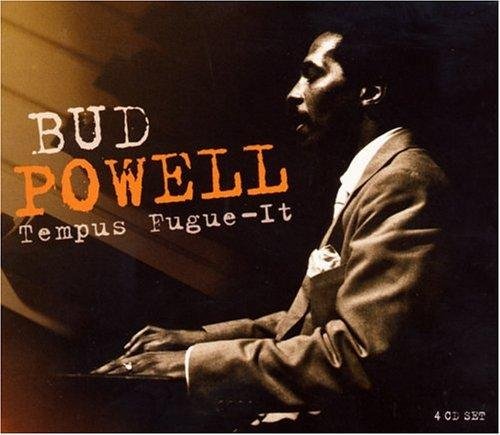

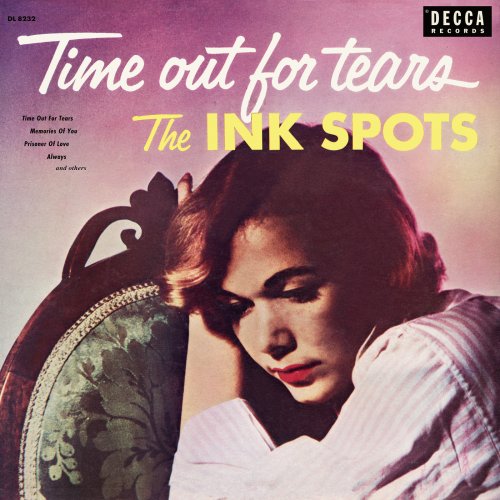
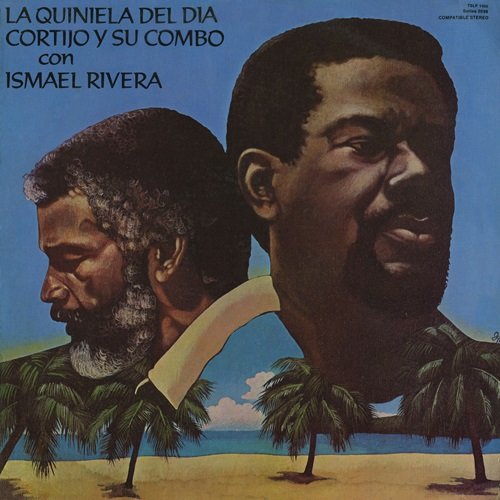


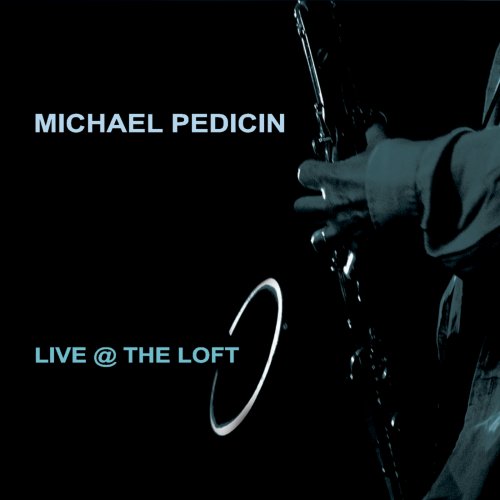
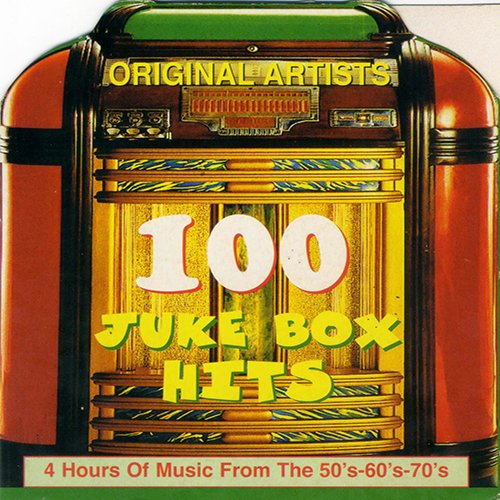
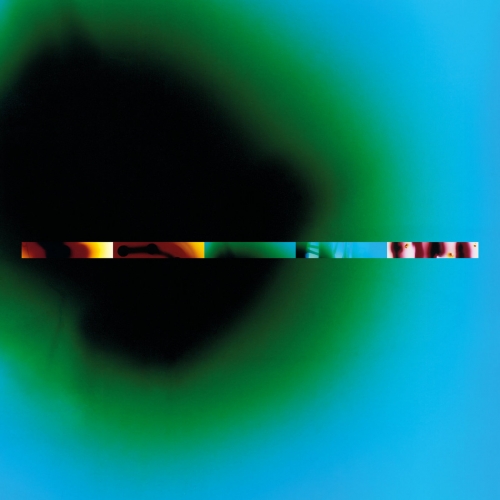
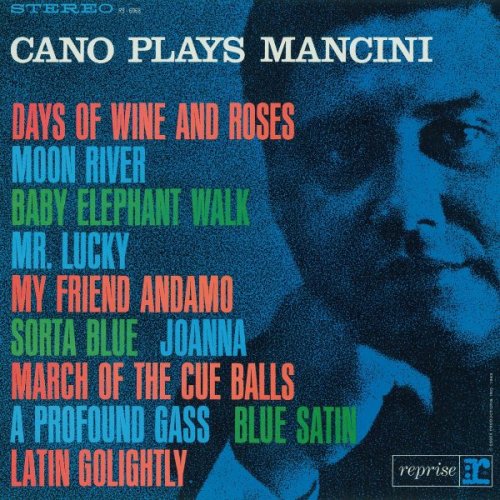
![Marius Neset - Time to Live (2026) [Hi-Res] Marius Neset - Time to Live (2026) [Hi-Res]](https://www.dibpic.com/uploads/posts/2026-02/1771945711_folder.jpg)